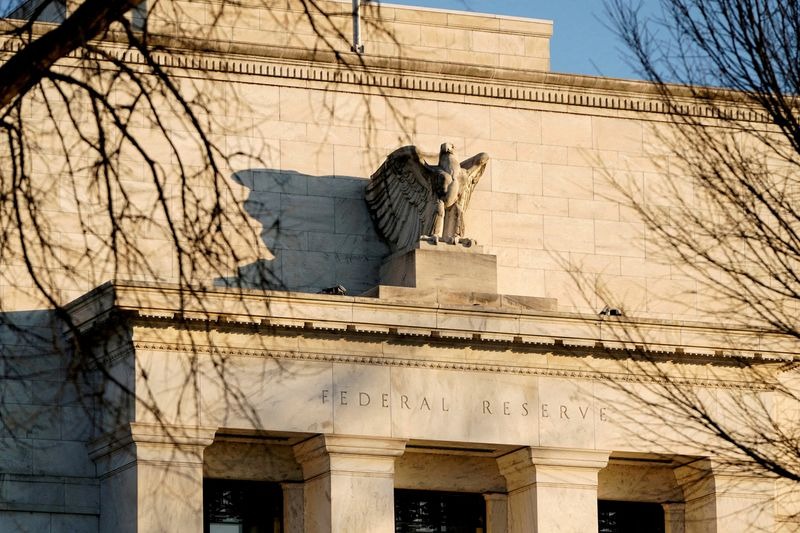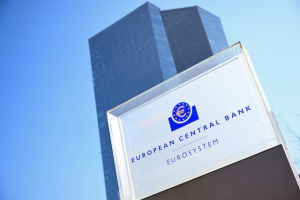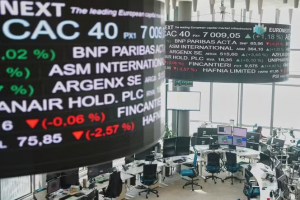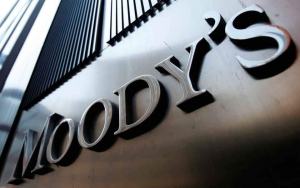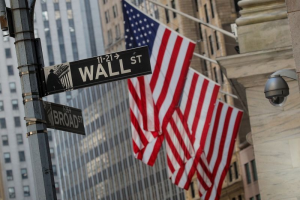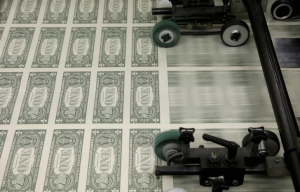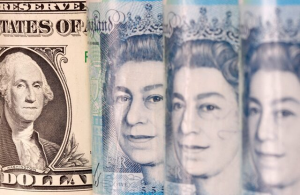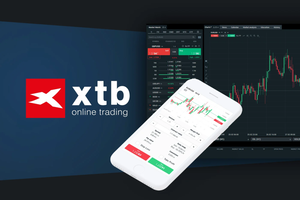The Federal Reserve is expected to hold interest rates steady on Wednesday as it awaits further inflation and jobs data and more clarity on the economic impact of President Donald Trump's policies before deciding whether to cut borrowing costs again.
Trump, who has already said interest rates should be lowered regardless while asserting he knows more about the matter than Fed policymakers, has in his first week in office provided a foretaste of the potential disruption ahead.
Since being sworn in as president for a second time on Jan. 20, Trump has rolled out dozens of executive orders, including one on Monday that halts some federal spending - an unexpected fiscal shock that could deliver a blow to consumption and growth. He also has ramped up deportation of immigrants and threatened 25% import tariffs on goods from Mexico and Canada as soon as Saturday, moves that most economists see as more likely to aggravate inflation than contribute to cooling it further.
Investors and many economists still expect the Fed to reduce interest rates later this year, but the watchword for policymakers for now may be caution until they are more certain inflation will fall to the central bank's 2% goal and the details of Trump's tariff, tax and spending plans are known.
"The Fed would prefer to stop short on rate cuts than reverse course and have to raise rates if inflation were to reignite," said Diane Swonk, chief economist at KPMG. "The embers of the pandemic inflation are still burning, while supply chains are longer and more vulnerable to retaliation than they were prior to the pandemic. Context matters."
The U.S. central bank is scheduled to release its latest policy decision and statement at 2 p.m. EST (1900 GMT), with Fed Chair Jerome Powell due to hold a press conference half an hour later to elaborate on the meeting.
The Fed cut its benchmark policy rate by a full percentage point over its final three meetings of 2024, but officials agreed at their Dec. 17-18 gathering that they were "at or near the point at which it would be appropriate to slow the pace of policy easing," according to minutes of the session.
Some of them worried that progress on inflation had already stalled with the rate above the target, others that the strength of the economy could stoke price pressures anew, while "all participants judged that uncertainty about the scope, timing, and economic effects of potential changes in policies affecting foreign trade and immigration was elevated."
The bond market has signaled its own doubts about the outlook, for both policy and inflation, with yields on longer-dated securities climbing sharply since the Fed's first rate cut in September.
'UPWARD MOMENTUM'
This week's two-day meeting marks a renewal of what was a fractious relationship between Trump and the Fed - and with Powell in particular. Trump nominated Powell for the Fed's top job in late 2017 but soon turned on his appointee after Powell proceeded with rate hikes that the Republican president disagreed with.
Since taking office last week, Trump has said he would "demand" lower rates and repeated previous assertions that he believes the Fed should take his views into account.

